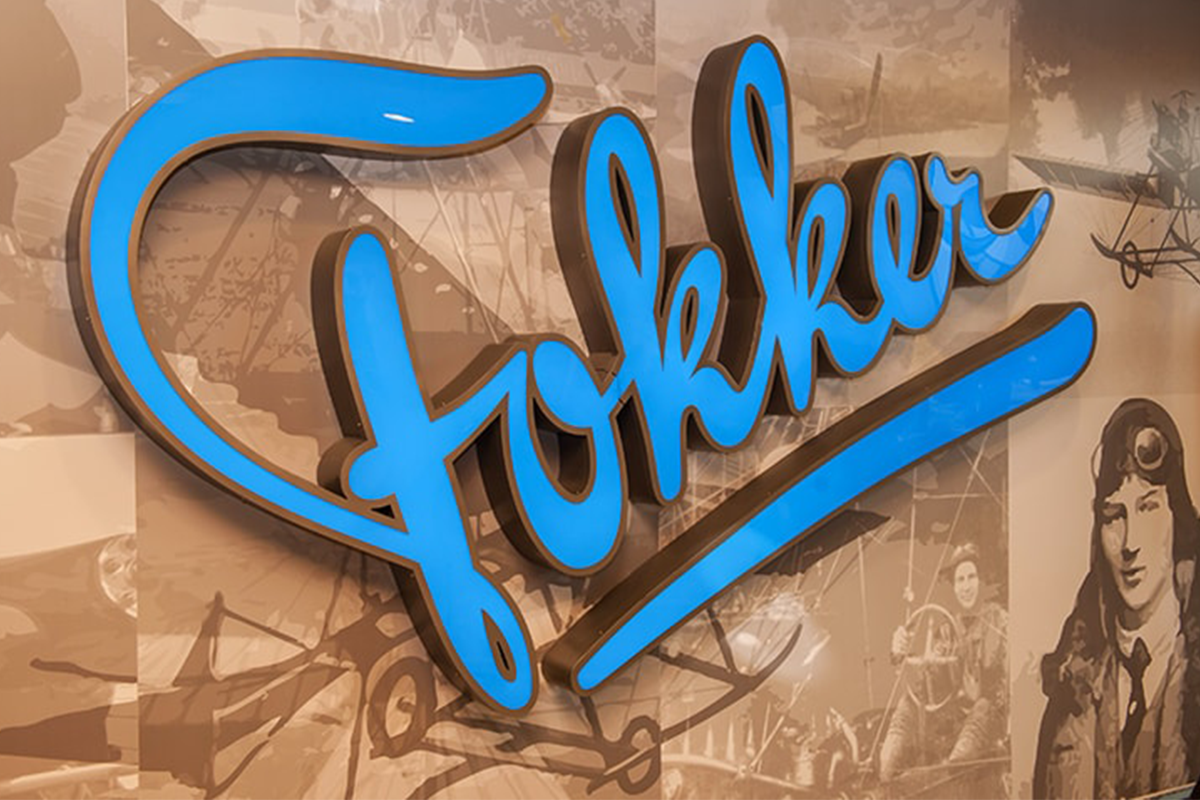In this column, we engage with data professionals, managers or founders of our partners about data challenges within the organization.
We look back and look forward.
Where are the opportunities for Data Science?
And how does Data Science Lab help?
We kick off this column with none other than Wouter van Dis.
Wouter van Dis has been working at Dutch pride, the manufacturer of aircraft components, Fokker Technologies, for 29 years.
He has been manager of Advanced Analytics for 4.5 years.
Hi Wouter, you’ve been working at Fokker for 29 years and the last 4.5 years as manager of Advanced Analytics.
How have you seen the organization change over the years? Indeed, I have been working at Fokker for 29 years.
It is a beautiful organization!
A world of difference when I look at the time when I started at Fokker Aircraft and where we are now.
In our aircraft days, aircraft manufacturing was our core business, in recent years our services have mainly consisted of manufacturing aircraft parts for Boeing and Airbus, for example.
With the arrival of the new owner, for the first time we have logistics and services as our core business. Can we go back to the beginning for a moment?
How did Fokker actually come into existence? Do you want me to go all the way back to the beginning with Anthony Fokker?
Anthony Fokker was the pioneer in aviation.
He flew the Spin around Haarlem church.
That was unique at that time (1910).
What is very interesting, Fokker was at one time the largest aircraft manufacturer.
He died in 1939.
Even though Anthony Fokker was a pioneer in aviation, he was not an advocate of using aluminum, yet aluminum was standard for a long time.
Now planes are made of composite.
I always had a data tick, that is ‘Fokkerian’ proper.
The Microsoft Office package reigned supreme and it still does.We made a start in our department.
The data is in the planes, among other things, and we need data engineers and data scientists to be able to code and analyze this data with Python.
Currently there are great developments here.
It is clear in our organization that this is the future.
It was different four years ago when I encountered quite a bit of resistance with our IT organization.
The focus then was more on managing office applications; now you see that shifting to focusing on our way of working.
“After all, I want to know which part will break down on my customer’s plane tomorrow.”
As the former manager said “we need to do more with data and digitization to do smarter things.
We can move more in the direction of predicitve and prescriptive analytics.
After all, I want to know what part is going to break down in my customer’s plane tomorrow.
I think that’s a very interesting topic for upcoming years.
We should actually try to return as little data as possible to the user but much more conclusions and assistance to make better decisions.
How are we going to do that?
There are a number of ideas about that right now. Where are the opportunities in Data Science for Fokker? I see an opportunity in reliability management.
We want to know what parts are breaking down in our customers’ aircraft of tomorrow.
There’s a lot of predicitve maintenance in that.
Super interesting for us and we need a lot of IoT data for that.
We also see opportunities within logistics, where we have to make decisions in principle using control towers.
Suppose you can choose between three solutions where the consequences of the solutions are indicated, such as the lowest gross margin, best customer services, etcetera.
You can then make a much more focused choice.
There is of course a lot of intelligence and automation behind this.
My heart lies with reliability management, but I think this will remain in the background for the next few years.
The logistics discussion is the preferred one at the moment.
Or getting data in in a structured way so we can do analysis and make decisions.
That’s where our focus is for the coming year. How do you experience the collaboration with Data Science Lab? At the beginning of our collaboration, I realized that the knowledge we needed at that time was not yet present within our organization.
I needed data professionals with knowledge and expertise in Machine Learning, among other things.
I started looking for organizations with a development program for the data professional.
You can’t just teach this profession, you have to invest in the development of the professional.
That’s how I ended up with you and it felt right away.
We use a construction in which the data professionals work four days a week for us and one day a week in the Lab.
Doing study and self-development.
That’s how it started and I really like it.
A logical step after the acquisition of Pantha Holdings was to expand the analytical capacity.
The team now consists of two data scientists, a data engineer and a BI specialist.
After a one-year period at Fokker, they will join the company.
In addition to finding, binding and engaging the data professionals, Data Science Lab.
me a backup of knowledge, experience and expertise. What was the biggest learning point for you as a manager of a data analytics department? You must be a collaborative manager to get a feel for the field.
Some knowledge of programming is desirable.
But at some point you have to break away from programming content.
For the manager I have been to date, I have learned to take small steps and especially not to want to go too fast and too big.
Change simply takes time.




